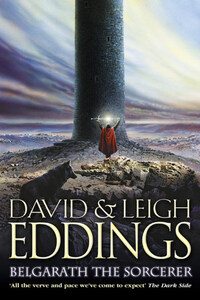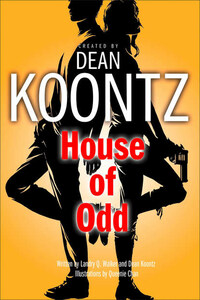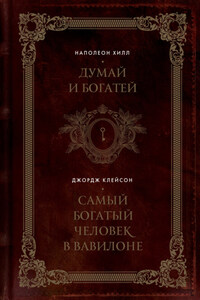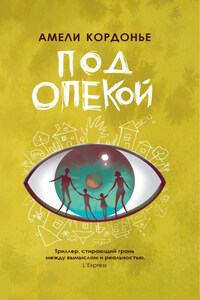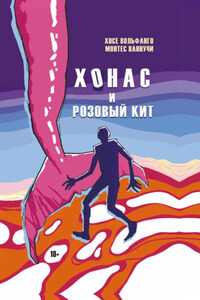My decision to publish this volume was made in part because of a goodly number of flattering letters I’ve received over the past several years. Some of these letters have come from students at various levels, and to make matters worse, I’ve also received letters from teachers who inform me that they’re actually encouraging this sort of thing. Aren’t they aware that they’re supposed to wait until I’m safely in the ground before they do this?
The students, naturally, ask questions. The teachers hint around the edges of an invitation to stop by and address the class. I’m very flattered, as I mentioned, but I don’t write – or grade – term papers any more, and I don’t travel. To put it idiomatically, ‘I ain’t going no place; I been where I’m going.’
Then there are those other letters, the ones which rather bashfully confide an intention to ‘try writing fantasy myself’. I don’t worry too much about those correspondents. They’ll get over that notion rather quickly once they discover what’s involved. I’m sure that most of them will eventually decide to take up something simpler – brain surgery or rocket science, perhaps.
I’d more or less decided to just file those letters and keep my mouth shut. A prolonged silence might be the best way to encourage a passing fancy to do just that – pass.
Then I recalled a conversation I had with Lester del Rey on one occasion. When I’d first submitted my proposal for the Belgariad, I’d expected the usual leisurely reaction-time, but Lester responded with what I felt to be unseemly haste. He wanted to see this thing – now, but I wasn’t ready to let him see it – now. I was in revision of what I thought would be Book I, and since I was still doing honest work in those days, my time was somewhat curtailed. I wanted to keep him interested, however, so I sent him my ‘Preliminary Studies’ instead – ‘So that you’ll have the necessary background material.’ Lester later told me that while he was reading those studies, he kept telling himself, ‘There’s no way we can publish this stuff,’ but then he admitted, ‘but I kept reading.’ We were fairly far along in the Belgariad when he made this confession, and he went on to say, ‘Maybe when we’ve got the whole story finished, we might want to think about releasing those studies.’
Eventually, the two ideas clicked together. I had people out there asking questions, and I had the answers readily at hand since nobody in his right mind takes on a multi-book project without some fairly extensive preparation. My Preliminary Studies were right there taking up space, I’d just finished a five-book contract, and I had nothing else currently on the fire. All this thing needed was a brief introduction and some footnotes, and we were off to press. (Just in passing I should advise you that my definition of ‘brief’ and yours might differ just a bit. It takes me a hundred pages just to clear my throat. Had you noticed that? I thought you might have.)
Please bear in mind the fact that these studies are almost twenty years old, and there are going to be gaps. There are places where some great leaps occurred, frequently flowing out of the point of my pen during that actual writing, and I wasn’t keeping a diary to report these bursts of inspired creativity. I’ll candidly admit that probably no more than half of these ‘strokes of genius’ actually worked. Some of them would have been disastrous. Fortunately, my collaborator was there to catch those blunders. Trial and error enters into any form of invention, I suppose. This book may help others to avoid some of the missteps we made along the way, and it may give the student of our genre some insights into the creative process – something on the order of ‘connect wire A to wire B. Warning! Do not connect wire A to wire C, because that will cause the whole thing to blow up in your face.’
Now that I’ve explained what I’m up to here, let’s get the lecture out of the way. (Did you really think I’d let you get away without one?)


